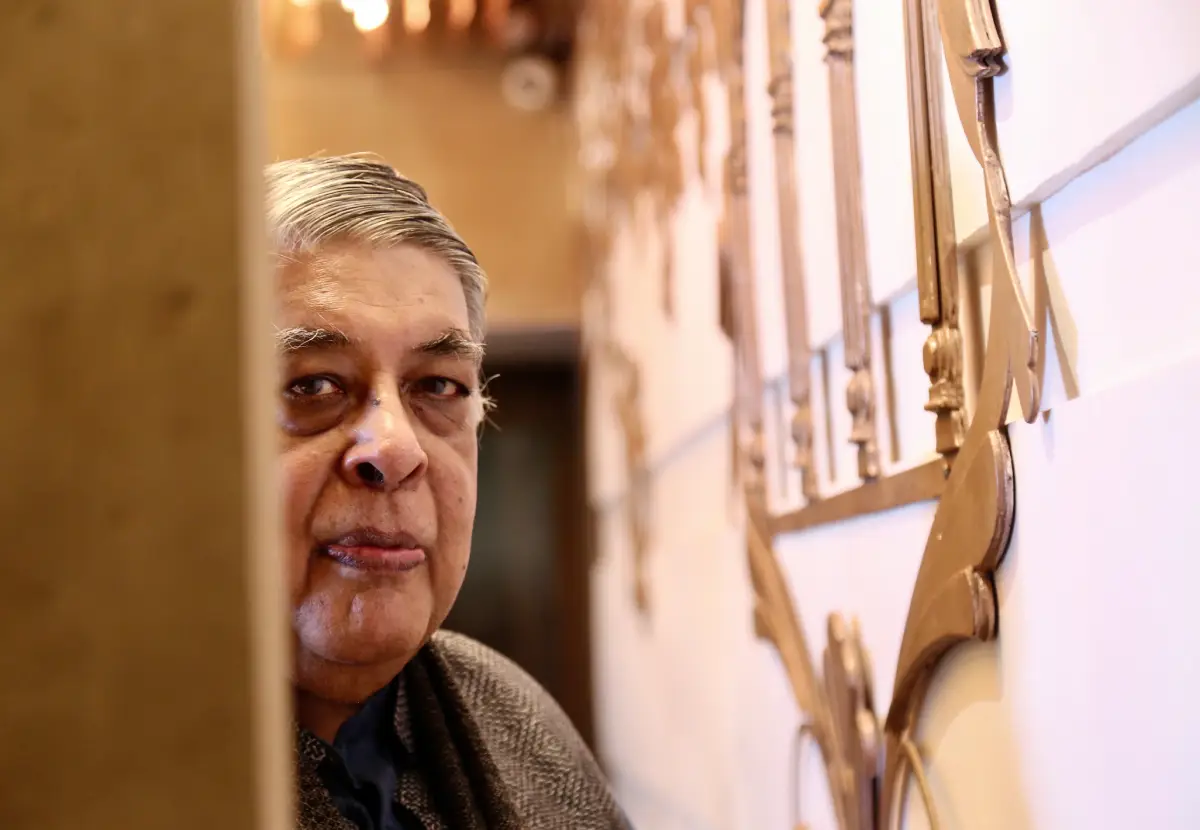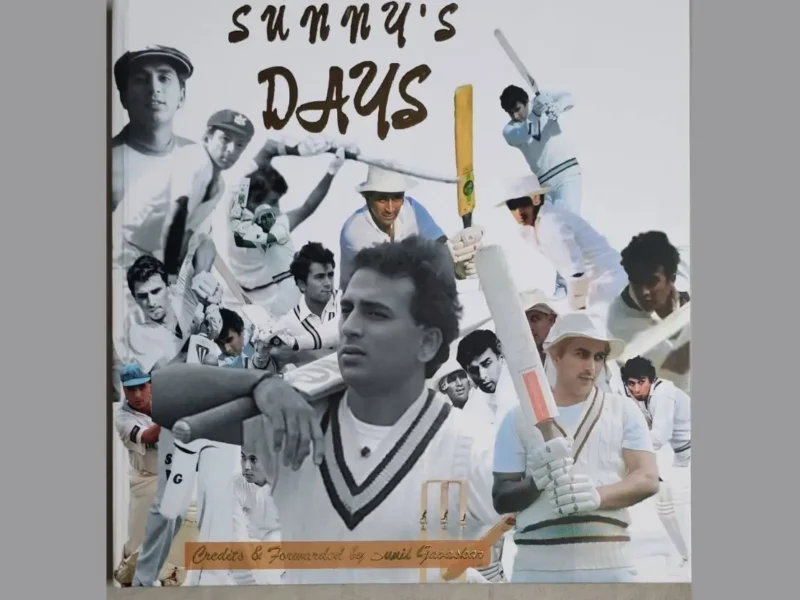
We Live In Times Of Internalized Violence: Author Purushottam Agrawal
VARANASI, (IANS) – “There are no clear-cut binaries. Shades of gray eclipse every character, thus adding to their dimensions. The good and the bad reside inside everyone who plays a role in the great epic Mahabharata. How can one not be fascinated and spellbound every time he/she reads it,” asks author and scholar Purushottam Agrawal, who is currently working on a book on the epic tentatively titled ‘Nobody Listens to Me: Reflections on Mahabharata.’
Agarwal stresses that socially we are living in strange times characterized by distrust, and where violence has been internalized.
He elaborates, “The appeal of one of the most important texts in the world has become more urgent, precisely why I chose to work on it now though the book has been in my mind for the last two decades.”
For him, the great war in Kurukshetra makes for a medium of reflection on human conditions and ethical dilemmas, and how one reacts when one of his own is insulted or threatened.
” And what do you do when you must kill one of your own? After winning the war, Yudhishthira instead of being happy or content, just says, ‘We fought like a pack of dogs…’ “
For this scholar, it is important to reach out to the newer generation. While in every age, a stage comes when the young want to go back and rediscover their history, and claim mythology, the author warns, “In my quest to acquaint the young with their past, I want to ensure that I do not compromise on my integrity. Facts should not be tampered with, nor any attempts be made to rewrite history. Even if I have 10 readers, I am satisfied.”
Agarwal, who has been called ‘Islamprast’ (favoring Islam) and right-leaning at the same time by different groups, says while he is uncomfortable with such charges, he will continue to keep his stand as long as he can.
“Considering I am well-acquainted with the Islamic traditions in India, and talk about them, some groups call me pro-Islam. When I speak against some Islamic traditions and focus on rich Hindu mythology, I am immediately called anti-Islam. How absurd is this?” he asks.
The author who edited ‘Kabir Granthawali’ (Rajkamal Prakashan), the most authentic text of Kabir’s work feels that the legendary mystic poet continues to enjoy immense popularity owing to his interrogative nature and the value system.
“At times, his language is exotic and mysterious, and sometimes it is direct to the point of being offensive. His layered thoughts and straightforwardness are bound to appeal to everyone.”
When it comes to the very controversial issue of reinterpretation of history, Agarwal opines that being a student of history and literature, it is part of the job, and he has himself challenged several existing interpretations of Kabir’s work.
“However, in the absence of factual evidence, tampering with history should be termed as misinterpretation. Everyone has a right to opinion, but no one should be allowed to tamper with facts. Kabir may be revered by a larger number of Hindus, but you cannot deny the fact that he was born in a Muslim weaver’s household,” he concludes.




